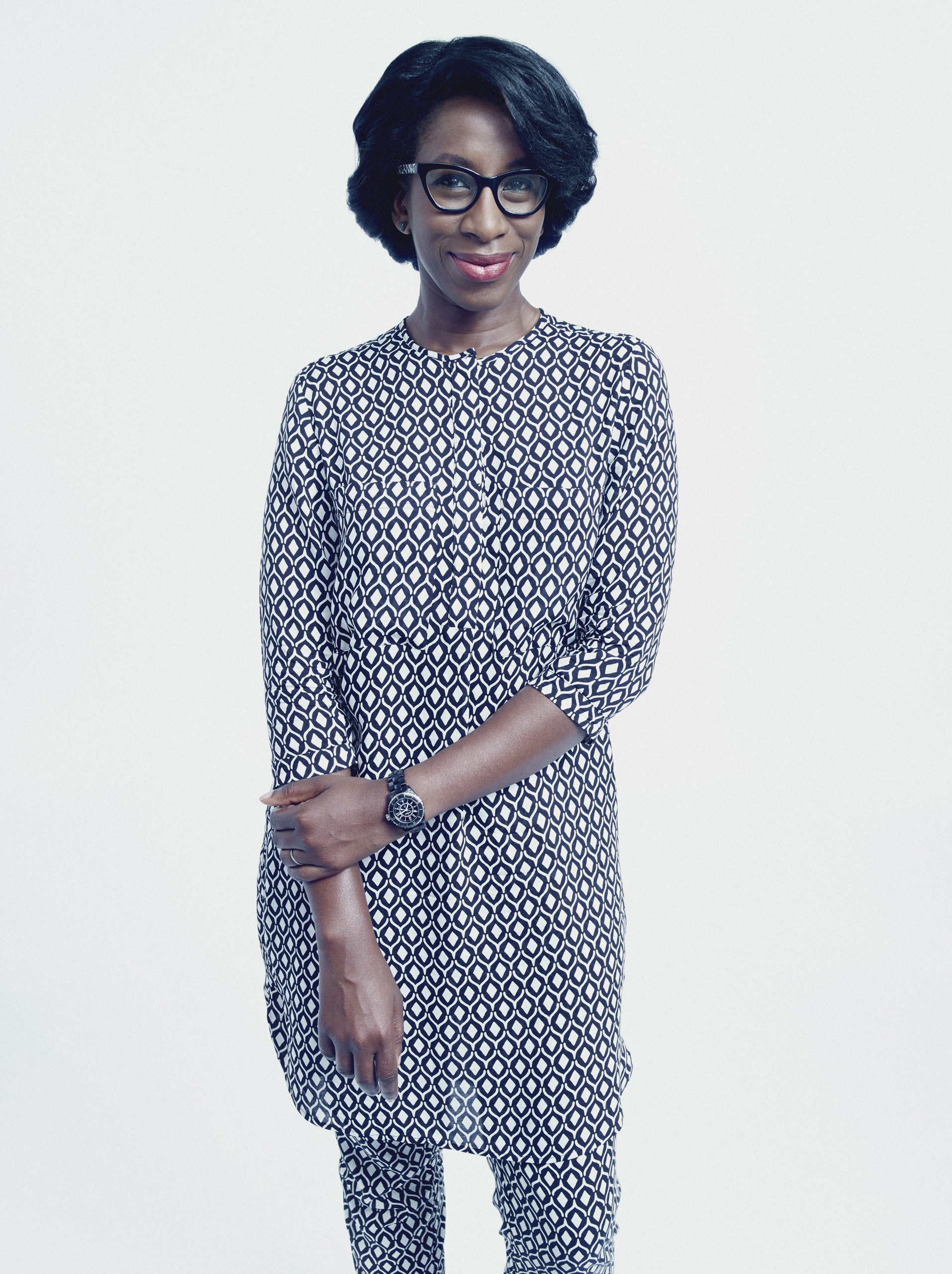When Saran Kaba Jones returned to her native Liberia in 2008, after spending nearly two decades abroad as an ambassador’s daughter, she was unprepared for the mayhem wreaked by years of civil war. “I had seen it on TV, but seeing kids on the street, selling snacks to support their families instead of going to school, that made it real,” she says. A 26-year-old investor with the Singapore Economic Development Board at the time, Kaba Jones thought she could spend a month in country, launch an educational scholarship fund and leave knowing she had done something for a nation that had nurtured her until she was 7.

But the more time she spent on the ground, the more complicated her mission became. “I went thinking education was the solution, but when I talked to people, it was water, water, water,” says Kaba Jones, now 34. Most rural areas had no access to clean running water, and kids were missing school so they could haul water home. So she abandoned her scholarship idea in favor of building systems designed to provide safe access to clean water for rural Liberians. Her organization, FACE Africa, has built 50 systems over the past seven years—and every single one of them is still in use today. “First I had to listen to what people wanted,” she says. “Then I had to figure out how to make those systems last.”
Read More: How to Be a Good Leader and Change the World
FACE Africa also trains community technicians so repairs can be done quickly and cheaply. Kaba Jones has spent just as much time building up her local staff, so that if she ever wants to move on, FACE Africa can continue without her. “That’s how I’ll know I was successful, when I can leave and no one will notice.”
- Donald Trump Is TIME's 2024 Person of the Year
- Why We Chose Trump as Person of the Year
- Is Intermittent Fasting Good or Bad for You?
- The 100 Must-Read Books of 2024
- The 20 Best Christmas TV Episodes
- Column: If Optimism Feels Ridiculous Now, Try Hope
- The Future of Climate Action Is Trade Policy
- Merle Bombardieri Is Helping People Make the Baby Decision